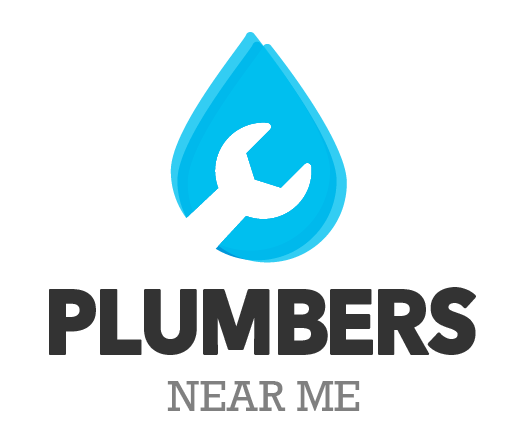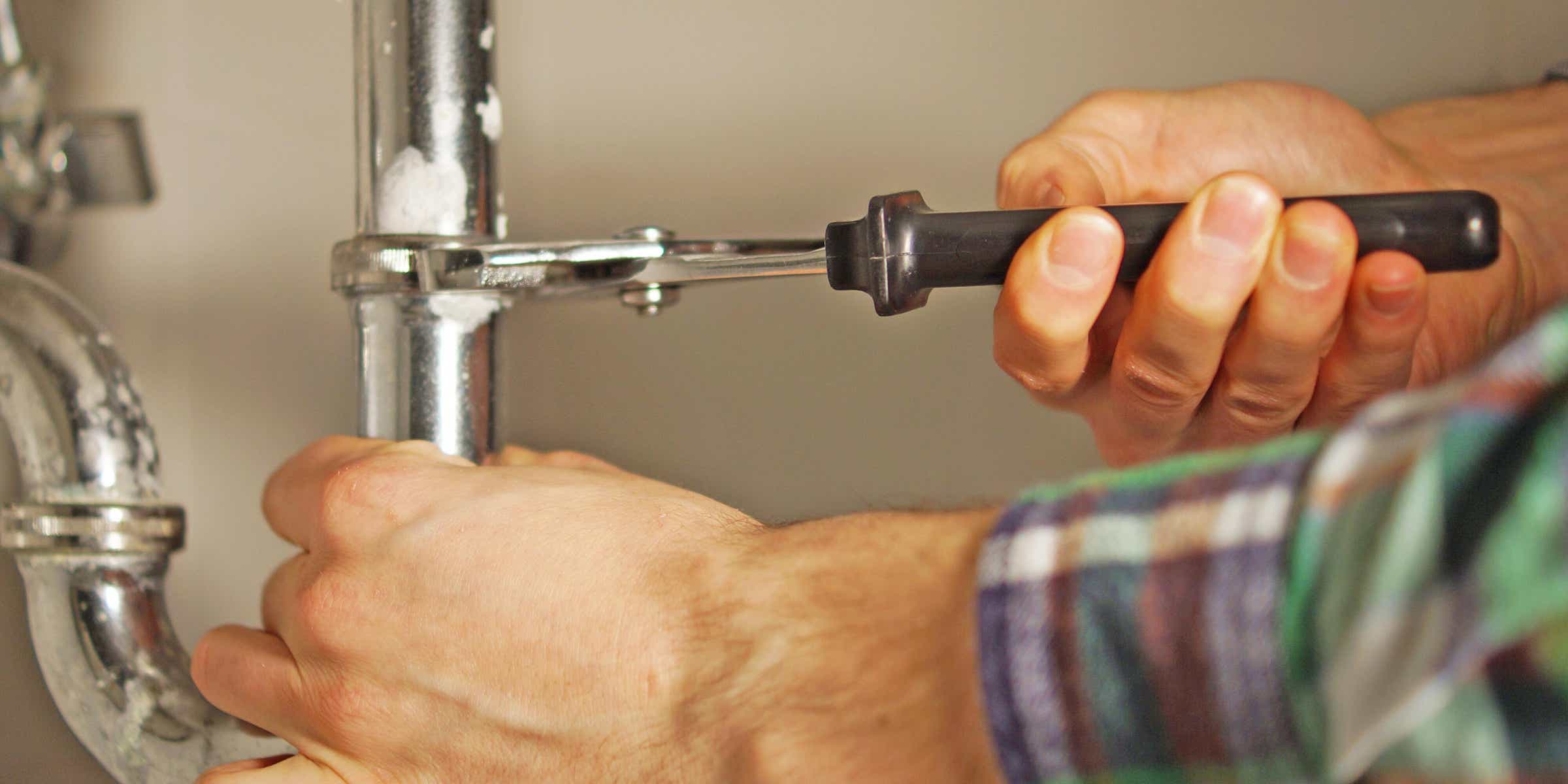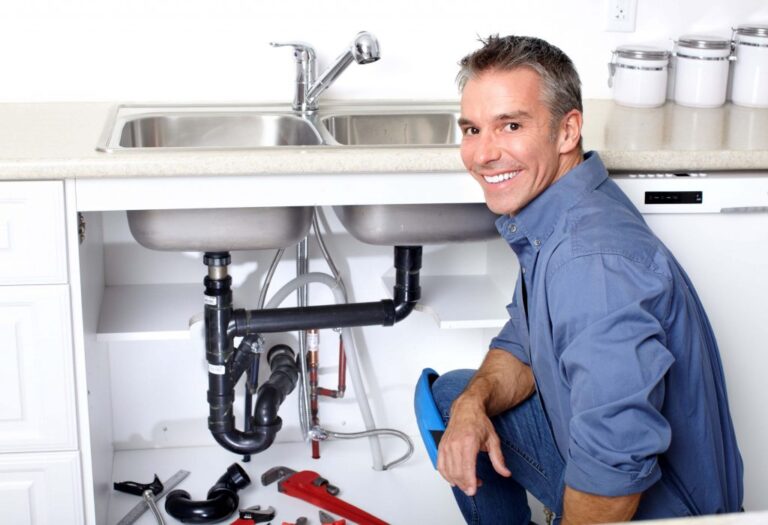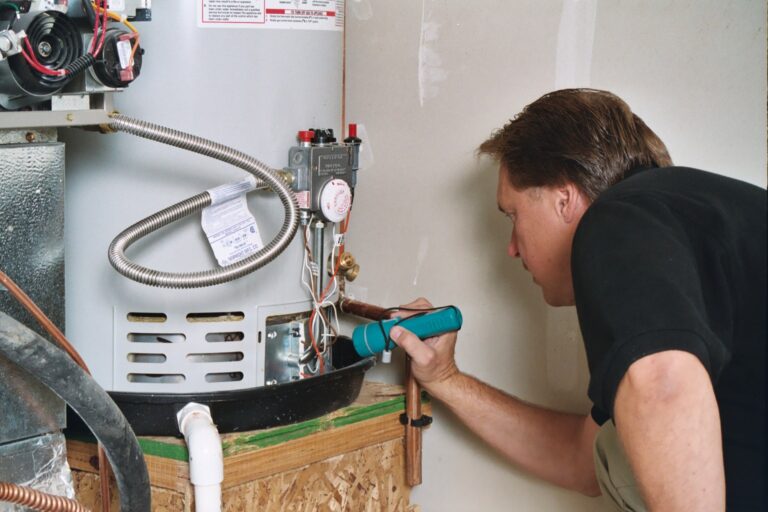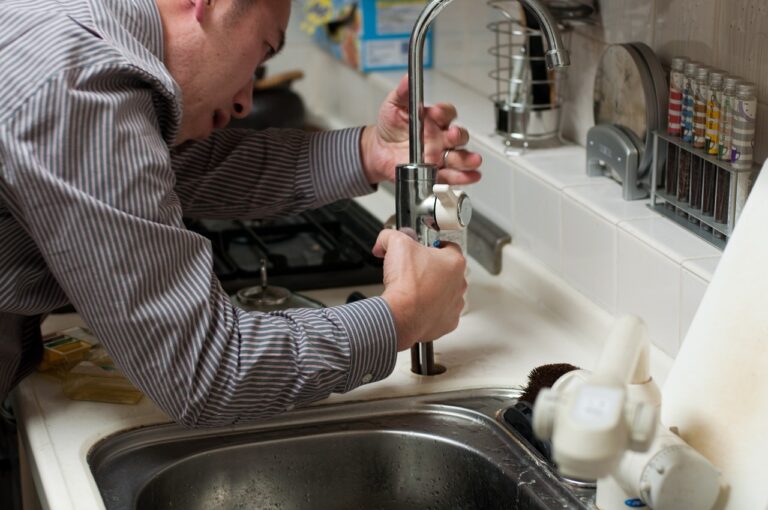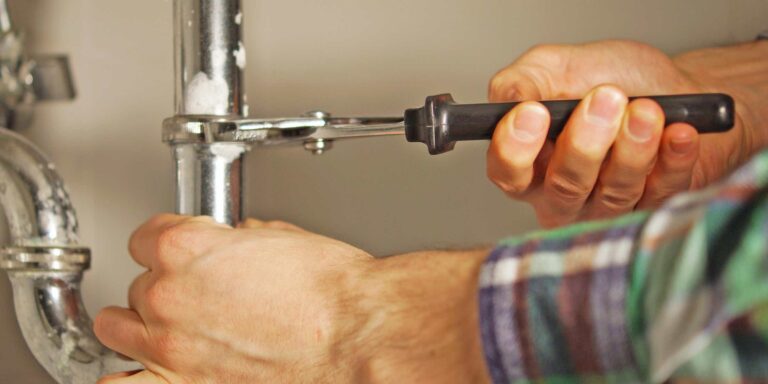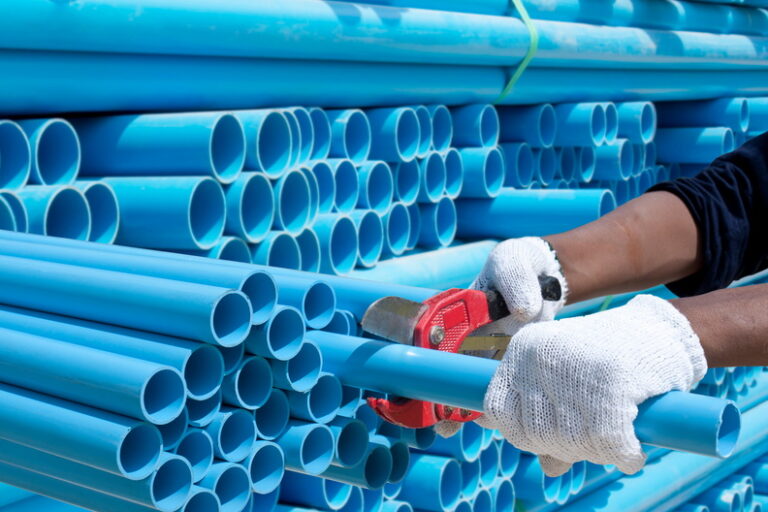How often should you schedule plumbing maintenance?
If you’re like most people, you probably don’t think much about your plumbing until something goes wrong. But believe it or not, regularly scheduled plumbing maintenance can help prevent many common problems. So how often should you have your plumbing checked?
Why is plumbing maintenance important?
Plumbing maintenance is important because it helps to prevent plumbing emergencies. Plumbing emergencies can be costly and disruptive, and they can cause property damage. Plumbing maintenance also helps to prolong the life of your plumbing system and to avoid the need for plumbing repairs.
How often should you schedule plumbing maintenance?
Most people don’t think about their plumbing until something goes wrong. But, like any other system in your home, your plumbing needs regular maintenance to stay in top condition. How often you need to schedule plumbing maintenance depends on a few factors, including the age of your home and the type of fixtures and pipes you have.
Here are some general guidelines for how often to schedule plumbing maintenance:
* Homes less than 10 years old: every 3-5 years
* Homes 10-20 years old: every 5 years
* Homes over 20 years old: every 2-3 years
Of course, these are just general guidelines. If you have an older home with outdated fixtures and pipes, you may need to schedule plumbing maintenance more often. Similarly, if you have a new home with modern fixtures and pipes, you may be able to go longer between maintenance appointments.
If you’re unsure how often to schedule plumbing maintenance for your home, the best thing to do is talk to a licensed plumber. They will be able to assess your individual needs and help you develop a maintenance schedule that’s right for your home.
What are some things you can do to keep your plumbing in good shape?
Here are a few things you can do to keep your plumbing in good shape:
-Install a water filter: This will help remove impurities from your water, improve the taste and smell, and extend the life of your plumbing fixtures.
-Schedule regular maintenance: Plumbing problems often start out small but can quickly turn into big (and expensive) issues. By scheduling regular maintenance appointments, you can catch problems early on and avoid major repairs down the road.
-Avoid using harsh chemicals: Drain cleaners, oven cleaners, and other harsh chemicals can damage your plumbing and cause long-term problems. When possible, stick to using soap and water to clean your drains.
-Be careful what you flush: Flushing foreign objects down the toilet is one of the leading causes of plumbing problems. To avoid clogs, only flush toilet paper, human waste, and urine down the drain.
What are some signs that you need to schedule plumbing maintenance?
Admittedly, most of us don’t think about our plumbing until something goes wrong. But if you want to avoid a plumbing disaster, it’s important to stay on top of maintenance. The best way to do that is to schedule professional maintenance visits at least once a year.
In between maintenance visits, pay attention to your plumbing and be on the lookout for any of these warning signs:
-You have low water pressure
-There is rust in your water
-Your drains are Clogged or Slow
-There are cracks in your pipes
-You hear strange noises coming from your pipes
How much does plumbing maintenance cost?
Plumbing maintenance costs vary depending on the type of service being performed and the complexity of the job. Generally, homeowners can expect to pay between $75 and $200 for a typical plumbing maintenance visit. However, some jobs may be more complex and require additional time, which will increase the cost.
How can you find a good plumbing contractor?
In order to find a good plumbing contractor, you should:
-Get recommendations from family and friends who have had work done recently.
-Do an online search and read reviews from past customers.
-Check with the Better Business Bureau to see if there have been any complaints filed against the contractor.
-Interview at least three different contractors to get pricing estimates and ask about their experience and qualifications.
Once you’ve found a good plumbing contractor, you should schedule maintenance appointments at least once a year in order to keep your plumbing system in good working order.
What are some tips for do-it-yourself plumbing maintenance?
You should check your home’s plumbing at least once a year to ensure everything is in working order. While you can wait to call a professional if there’s a problem, it’s much easier (and cheaper) to prevent problems before they start.
Here are some tips for do-it-yourself plumbing maintenance:
1. Check all visible piping for leaks, rust or other damage. If you see any damage, call a professional plumber to have the issue repaired.
2. Inspect your home’s main water shut-off valve yearly. This valve is usually located near the water meter or where the main water line enters your home. Turn the valve handle slowly to make sure it moves freely and isn’t damaged in any way. If you have any trouble with the valve, call a professional plumber to replace it.
3. clean out your home’s gutters and downspouts regularly (at least once per season). Clogged gutters can cause water to back up and leak into your home, which can damage walls, ceilings and wiring.
4. If you have a septic tank, have it pumped and inspected by a professional every three to five years. This will ensure that the tank is working properly and prevent expensive repairs or replacement in the future.
Conclusion
After evaluating your needs, we recommend that you schedule plumbing maintenance every
3-6 months. This will ensure that your home’s plumbing system is functioning properly and efficiently.
Resources
There are a few different ways to find out how often you should schedule plumbing maintenance. You can ask a professional plumber, consult your local water utility company, or look up the recommendations online.
Water utility companies typically have information on their website about how often to service your plumbing. This is because they want customers to avoid costly repairs and water damage due to neglected maintenance. For example, the City of San Diego recommends having your plumbing inspected and serviced every three to five years.
If you can’t find specific recommendations from your water company, then plumbers generally suggest having maintenance done once a year. This preventative measure can save you money in the long run by catching small issues before they turn into big problems.
Scheduling regular plumbing maintenance is the best way to keep your system running smoothly and avoid costly repairs down the road.
